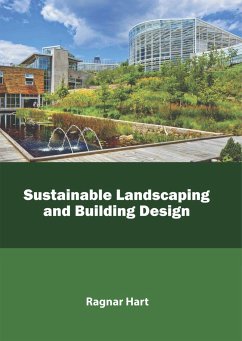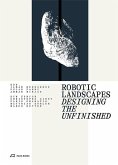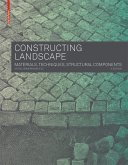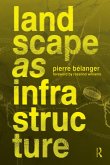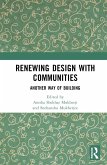Sustainable landscaping is a set of practices that are designed as a response measure to environmental issues, such as global climate change, pollution, carbon sequestration, pesticide poisoning, etc. It encompasses all stages of landscaping including design, construction, management and implementation. Some of the unsustainable factors that have a detrimental effect on the environment include soil, air and water contamination, greenhouse gas emissions, toxic compounds in the environment, etc. Some of the sustainable landscaping solutions include bio-filtering of wastes by constructed wetlands, landscape irrigation using gray water, using Integrated Pest Management, recycling of products, etc. Such solutions can be integrated in building design, which encompasses all aspects of engineering, technical and architectural applications to the design of building. Most of the topics introduced in this book cover new techniques and applications of sustainable landscaping in building design. While understanding the long-term perspectives of the topics, the book makes an effort in highlighting their impact as a modern tool for the growth of the disciplines. For someone with an interest and eye for detail, this book covers the most significant topics in the field of sustainable landscaping and building design.
Bitte wählen Sie Ihr Anliegen aus.
Rechnungen
Retourenschein anfordern
Bestellstatus
Storno

